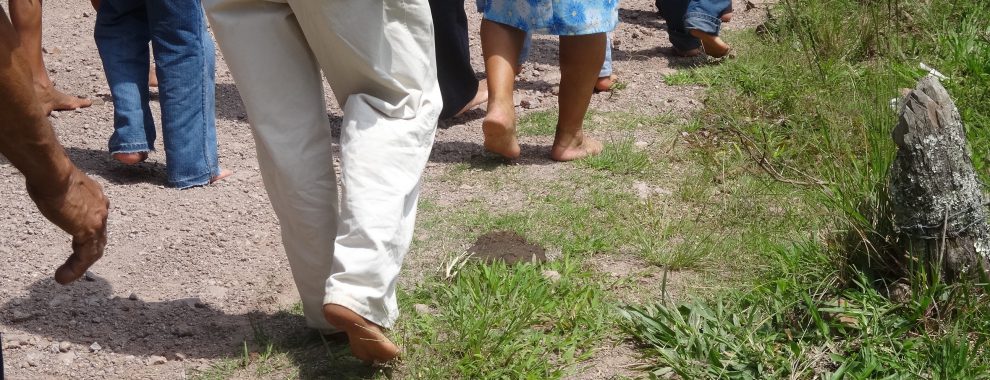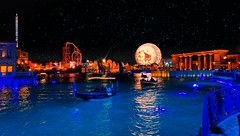“What do I know of hunger?” Asked the corpulent politician in a dream I had this morning.
With this rhetorical question, the politician was deflecting a serious inquiry about his policy on hunger.
But it is a question that I ponder this morning.
What do I know of hunger? I have lived and live a comfortable life, not really needing to worry about the next meal.
What do I know of poverty? I have lived with the loving care of parents who went out of their way to give me many opportunities. I now live with a very adequate Social Security monthly payment.
What do I know of suffering? Personally not much. I am in fairly good health, with the normal aches and pains of a 69 year old.
But I have seen suffering and been touched.
Yesterday I went with several of the Dubuque Franciscan sisters to San Pedro Sula to visit Mario Catarino Hospital. We had a chance to see a critically injured seminarian in intensive care. He is a bright young man, who impressed me. I noted that he loves to read, not a common trait here.
I spoke and prayed with him. Though in pain, unable to speak, and immobilized, he is very responsive and mouthed “Amen” several times while we prayed. Who knows what his prognosis may be, though he may have several surgeries when enough money is collected.
One of the sisters also made contact with a mother whose three-and-a-half year old was in the hospital, suffering severe pains. Though the mother thought the doctor told her it was anemia, it is cancer.
But then this morning my neighbor, Gloria, passed by to tell me that Juan Ángel of Debajiados had died – of pneumonia. A young man, a candidate for Communion minister, was a very devoted father, son, and follower of Christ. I loved his simplicity and his beautiful smile.
Twice this year, visiting Debajiados, I went with him to bring Communion to his parents who lived far from the center of the village. The last time I saw him I asked him about his parents. They were doing well, having seen a doctor.

Going with Juan Ángel to bring Communion to his parents, July 16, 2016
But he has died, leaving a wife and four children.
Such suffering. And what can I do but be present?
Sitting down at prayer this morning and looking at my calendar of witnesses, I realized that today is the anniversary of the murder of Father James Gudalupe Carney, a US Jesuit who came to Honduras, lived with the poor, gave up his US citizenship to identify more with the Hondurans he worked with. His radical commitment led to his being expelled from Honduras. He spent several years in Nicaragua and returned clandestinely to Honduras in 1983 as a chaplain to a band of guerrillas. Captured by the Honduran army he was pushed from a helicopter in northern Honduras on September 16, 1983.
Though I do not feel called to follow Padre Guadaulpe’s example, especially in his support of violence, I do find his life and death a challenge. Years ago, long before coming to Honduras, I read the autobiography To Be a Revolutionary he left with his family shortly before his death.
This quote from Padre Guadalupe is particularly compelling, especially in light of the question of the politician in my dream:
“To love Christ really is to try to live as He lived. If I love the poor as Christ did, I, too, freely choose to become one with them, live with them, share their lives, besides trying to use my talents to help and teach them… He freely chose to become one of the masses of poor people of the world, of the eighty percent of the world who ‘have not,’ rejecting the comfortable life of the twenty percent who ‘have’ (even though he loved them too). And he tore into the system and those that held the masses in the bondage of ignorance and poverty…. And he was killed for it. To be killed for my following of Christ would be my greatest joy too….”
But for me, the question is slightly different:
How can I live, following Christ and sharing in the suffering of the poor?







